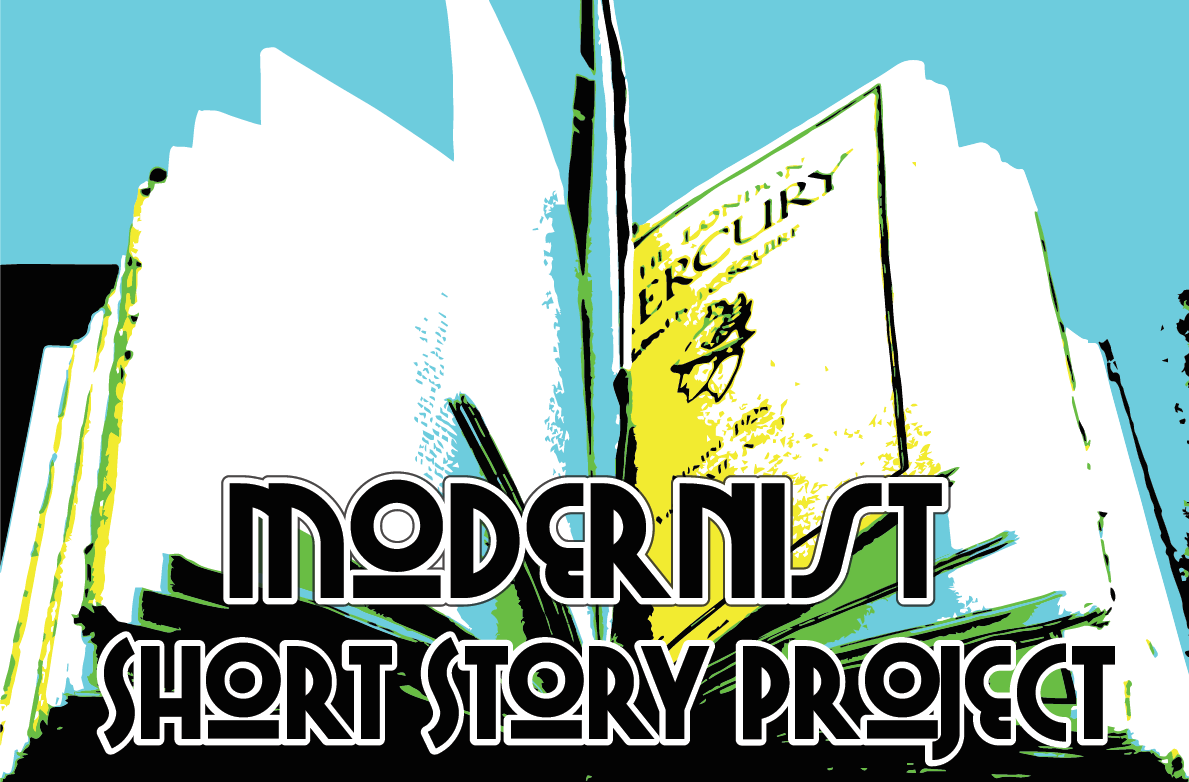Title
Serving Two Masters: The Paralysis of Early 20th-Century Women in A. E. Coppard’s “The Hurly-Burly”
Document Type
Article
Publication Date
Winter 4-23-2018
Abstract
The theme of paralysis is evident throughout early twentieth-century British literature. Consider Joyce’s “Eveline,” in which a young woman cannot make up her mind about whether to go with her lover to South America or stay behind with her father. Eventually she stays behind, not of her own volition but rather because she is paralyzed by not knowing what her duty is, and so she cannot take the decisive step onto the boat. Joyce’s language shows this paralysis: “She stood among the swaying crowd” (15). Everyone can move but Eveline As Frank calls out to her from behind the barrier, she is “passive, like a helpless animal” (16). Mansfield’s heroines also demonstrated a similar incapacity. Often signified by ellipses, the two daughters of the colonel never seemed to be able to say the things they really wanted to say, even after his death.
Recommended Citation
Avery, Juliana, "Serving Two Masters: The Paralysis of Early 20th-Century Women in A. E. Coppard’s “The Hurly-Burly”" (2018). Modernist Short Story Project. 7.
https://scholarsarchive.byu.edu/mssp/7

